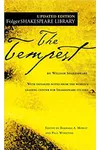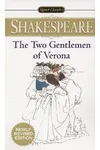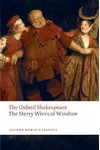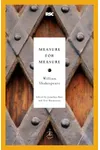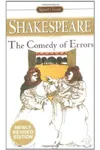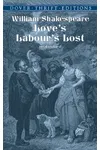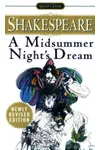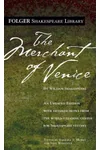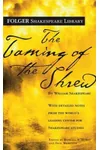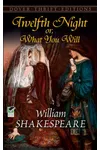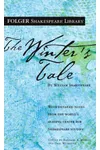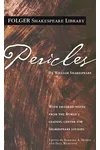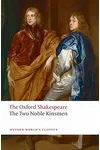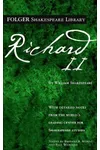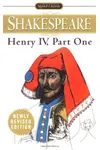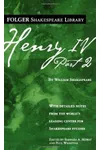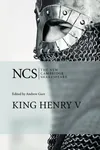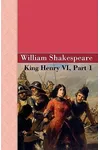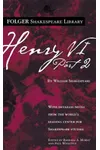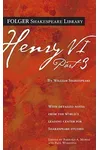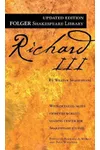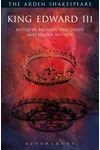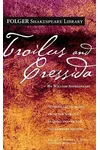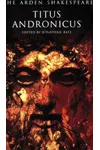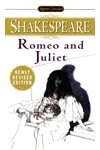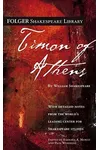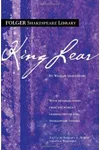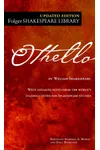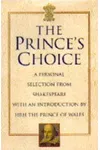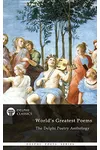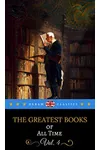Picture a small-town Englishman whose words would one day echo across centuries, captivating hearts from London to Tokyo—meet William Shakespeare! Born in 1564, this playwright and poet didn’t just write stories; he crafted timeless masterpieces that dive deep into love, betrayal, and the human spirit. His 38 plays and 154 sonnets are like a mirror to our souls, blending wit, tragedy, and romance with a linguistic flair that’s still unmatched.
Shakespeare’s genius lies in his ability to make us laugh, cry, and ponder life’s big questions, all while juggling iambic pentameter like a pro. Ready to explore the man behind Hamlet and Romeo and Juliet? Let’s step into his world!
The Making of William Shakespeare
William Shakespeare was born in Stratford-upon-Avon, a market town in Warwickshire, England, in April 1564. The son of a glove-maker, young Will likely attended the local grammar school, where he soaked up Latin, rhetoric, and classical literature—seeds that would later bloom in his works. Little is known about his early adulthood, but by the late 1580s, he’d landed in London, diving headfirst into the vibrant theater scene. Here, he began as an actor and writer, joining the Lord Chamberlain’s Men, a troupe that would become his creative home.
Shakespeare’s early years weren’t all smooth sailing. He navigated a competitive literary world and a plague-ridden London, yet his passion for storytelling shone through. Influences like Ovid, Plutarch, and English folklore shaped his vivid imagination, setting the stage for his legendary career.
William Shakespeare’s Unforgettable Stories
Shakespeare’s plays and sonnets are a treasure trove of human experience, spanning comedies, tragedies, histories, and romances. His tragedies, like Hamlet, explore existential angst through the brooding Danish prince’s quest for revenge, while Romeo and Juliet captures the heartbreak of star-crossed lovers with poetic precision. His comedies, such as A Midsummer Night’s Dream, weave magic and mischief, blending fairy antics with sharp social commentary.
Then there are his histories, like Henry V, which dramatize England’s past with rousing speeches that still stir the soul. Shakespeare’s sonnets, meanwhile, delve into love, time, and beauty with intimate, lyrical grace—think Sonnet 18’s iconic “Shall I compare thee to a summer’s day?” His style is a masterclass in versatility: rich metaphors, clever wordplay, and a knack for making complex characters feel achingly real.
What sets Shakespeare apart? His universal themes—jealousy, ambition, redemption—resonate across cultures, while his inventive language (he coined words like “lonely” and “generous”) enriched English itself. Whether it’s Othello’s tragic fall or Puck’s playful pranks, Shakespeare’s stories are as fresh today as they were 400 years ago.
Why William Shakespeare Matters
Shakespeare’s impact is colossal. His works have been translated into every major language, performed on stages from Broadway to Bollywood, and adapted into countless films, books, and even pop culture references. He didn’t just shape theater; he gave us tools to explore the human condition, influencing writers from Dickens to Toni Morrison. His psychological depth—think Lady Macbeth’s guilt or Hamlet’s indecision—pioneered modern character development.
Today, Shakespeare festivals, like the Globe Theatre’s productions, keep his legacy alive, while scholars and students dissect his texts for new insights. He’s a cultural bridge, connecting eras and peoples through shared stories. In a world of fleeting trends, Shakespeare’s words endure, reminding us what it means to be human.
About William Shakespeare
- Born: April 1564, Stratford-upon-Avon, England
- Died: April 23, 1616
- Key Works: Hamlet, Romeo and Juliet, A Midsummer Night’s Dream, Henry V, Sonnets
- Fun Fact: He invented over 1,700 words, many still in use!
Grab a copy of Hamlet or catch a performance of Romeo and Juliet to dive into Shakespeare’s dazzling world of wit and wisdom. Trust us, you’ll be quoting him before you know it!
